Welcome to a voyage through some of the most frustratingly flawed PC ports that have marked the gaming landscape in recent years. As we dive deep into these narratives, you’ll discover how even the most anticipated games, revered franchises, and promising new releases have stumbled in their transition to PC, marred by technical issues that range from frustrating glitches to severe performance limitations.
While consoles offered a smooth and immersive gaming experience, PC versions have often been left in the shadows, grappling with issues that have stirred both uproar and disappointment within the gaming community. So, buckle up and prepare for a journey into a realm of gaming that many would rather forget, yet which holds crucial lessons for developers and players alike. Let’s delve into these stories of underperforming PC ports and explore the challenges, repercussions, and the ongoing battle to achieve that flawless gaming experience.
Quantum Break
If you’re a seasoned gamer, you may have noticed a recurring pattern: the gaming community often takes the initiative to rectify issues of suboptimal PC versions of otherwise exceptional games, thanks to the hard work of tech-savvy fans, hackers, and modification enthusiasts. However, if you’re pinning your hopes on this tech-savvy crowd to rectify the problems with Quantum Break, you might want to reconsider. The chances of a fix appearing are so slim, you’d have a higher chance of holding your breath until you pass out.
Quantum Break’s transfer to PC is plagued with a multitude of commonplace issues that generally affect these types of ports. Low and unstable frame rates, low-resolution graphics without an option to enhance them, and intermittent game crashes all contribute to an unfortunate gaming experience. The situation worsens when you factor in the compatibility issues with Nvidia graphics cards — the main hardware in approximately two-thirds of the world’s gaming PCs. Disappointingly, the PC version of Quantum Break seems to have been launched with such haste that it lacks even a simple way to exit the game.
Yet, that’s only scratching the surface of the issue. The rest of the iceberg is the Universal Windows Platform (UWP). In theory, UWP enables developers to code applications compatible with a range of devices using identical code. However, industry stalwarts like Tim Sweeney from Epic have branded UWP as “a debacle” created with the sole intent to bypass retailers such as Steam, Origin, or any digital distribution platform not owned by Microsoft. This holds particularly true in Quantum Break’s case, where UWP’s limitations preclude users from creating and implementing their own solutions. Although Microsoft made some minor improvements, Quantum Break remains far from flawless, and it seems that it might never achieve the level of polish gamers expect.
“Discover the Titans of the Fighting Game World”: “Embark on a journey through gaming history with our comprehensive list of the Best Fighting Games Ever. Explore the iconic titles that have defined the genre and continue to captivate players around the world.”
Assassin’s Creed: Origins
Occasionally, it’s not the game itself causing issues, but external factors that can sour an otherwise fine gaming experience. Allegedly, this is the problem confronting Assassin’s Creed: Origins, Ubisoft’s lauded reboot of their renowned franchise. Unlike its predecessor, Assassin’s Creed: Unity, which had issues from the start, Origins worked like a charm — until the implementation of Ubisoft’s anti-piracy measures.
A hacker known as Voski claims that Assassin’s Creed: Origins uses not one, but two DRM (Digital Rights Management) software solutions in an attempt to deter potential pirates. At one level, Origins uses Denuvo, a widely-used “anti-tamper” technology notorious for causing a myriad of issues for legitimate customers. To compound matters, Ubisoft has also employed VMProtect, a tool developed to safeguard applications from hacking. Voski asserts that the combination of these two protective measures is responsible for reducing the game’s performance by an alarming 30-40%, straining users’ CPUs to their limit, and causing PCs to overheat.
Despite these allegations, Ubisoft denies any wrongdoings, stating that Assassin’s Creed: Origins is designed to utilize “the full extent of the minimum and recommended PC system requirements.” Either way, it doesn’t paint a pretty picture: Ubisoft could be inadvertently punishing paying customers in their crusade against piracy, or they might be deliberately overtaxing computers. However, there is a glimmer of hope, albeit one that resides in the grey area of legality: hackers recently managed to strip all copyright protection from Assassin’s Creed: Origins. It’s still uncertain whether this will ultimately resolve the issue, but as of now, the situation seems to be improving.
Watch Dogs
“Watch Dogs”, even prior to its release, was already generating significant controversy due to its association with Ubisoft’s notorious graphic downgrade scandal. Yet, many fans held onto hope, expecting that the game would demonstrate its best look and performance on PCs. Unfortunately, their hopes were misplaced.
The controls for “Watch Dogs” left much to be desired for PC gamers. Those who played with a controller had a comparatively smooth experience, but those using a traditional keyboard and mouse setup were frustrated by issues such as mouse acceleration. The mouse speed, astonishingly, would vary depending on the menu, which led to inconsistent control responsiveness. This was particularly noticeable with the weapon wheel: it functioned well with joysticks but proved a headache for mouse users. Yet, these control issues were just the tip of the iceberg compared to the graphical troubles that followed.
“Watch Dogs” was visually impressive for its time, and it still holds up pretty well today. But the game was terribly optimized. Regardless of how high-end a user’s PC hardware was, the game struggled to maintain a stable frame rate at higher graphical settings. Adding insult to injury, the developers had hidden additional graphics options that would have enabled PC players to elevate the game’s visuals to match the breathtaking initial trailer that had garnered so much attention.
It was thanks to the efforts of tech-savvy players who uncovered and experimented with these concealed graphical options that it was discovered these changes didn’t degrade the game’s performance. This led to speculation that Ubisoft either deliberately hampered the PC version, or the developers didn’t have sufficient time to fully implement these enhanced settings, a theory that seemed less likely considering the findings from the user tests. The game’s always-online DRM also compounded the performance issues, creating an overall disappointing experience.
Spider-Man 2
Nowadays, game developers aim to deliver consistent gaming experiences across different platforms, with perhaps the only difference being reduced graphic intensity to accommodate less powerful hardware. However, things weren’t always like this. Not too long ago, game publishers could be quite sly. Games bearing the same title and published by the same company could offer drastically different experiences on different platforms, and the quality of one version didn’t necessarily guarantee the quality of the other.
“Spider-Man 2”, a tie-in to the 2004 blockbuster movie, is a prime example. Much like its movie counterpart, the “Spider-Man 2” game is lauded as a pivotal moment in the evolution of “Spider-Man” video games. It offered players the thrilling experience of swinging through a virtual New York City, a mechanic that would inspire future “Spider-Man” games. This open-world environment gave the developers room to introduce original story elements, side missions, and combat systems, making “Spider-Man 2” a trailblazing experience. Unfortunately, this acclaim only applies to the console versions. The PC version? Not so much.
The PC port of “Spider-Man 2” was a letdown on multiple fronts. Graphically, it was noticeably inferior, with blocky visuals and less polished animations. Even more disappointing was the oversimplification of the game. The expansive open world that was the highlight of console versions was replaced by a linear level design that restricted Spider-Man’s movements to specific anchor points. The combat was stripped down to a single-button mechanic, and the PC version was riddled with more bugs than a spider’s web. Ultimately, the PC port of “Spider-Man 2” stands as an example of how not to adapt a game for different platforms.
Horizon Zero Dawn
“Horizon Zero Dawn” represented a new direction for Guerrilla Games, offering a breath of fresh air following the somewhat disappointing “Killzone” series. The game, with its innovative blend of a post-apocalyptic world inhabited by tribal humans and mechanical creatures, won the hearts of gamers worldwide. However, Sony’s decision to port this PlayStation exclusive to PC, marking the beginning of a new trend, took everyone by surprise. What was even more unexpected was the less than impressive quality of the port that they delivered.
A section of players were fortunate enough to have “Horizon Zero Dawn” running on their PCs without a hitch, but for many, the experience was fraught with technical issues. The game was prone to frequent crashes and displayed wildly inconsistent frame rates. This didn’t just mean that “Horizon Zero Dawn” struggled to maintain a smooth 30 frames per second. Certain elements of the game operated at different frame rates – for example, no matter how the cutscenes performed, facial animations would always run at a sluggish 30 FPS. This led to a jarring experience where characters resembled stop-motion puppets.
Resolution was another puzzling issue. While 4K is the benchmark for high-quality graphics and “Horizon Zero Dawn” was indeed rendered at 4K at its launch, reviewers observed an odd downscaling-upscaling process. The game initially downscaled the output, then upscaled it back to 4K before presenting a jumbled image on screen. Thankfully, by 2021, “Horizon Zero Dawn” on PC had been fixed, but the question remained: why was it released in such an unfinished state?
Resident Evil 4
The significance of “Resident Evil 4” is hard to overlook. This game was a game-changer, redefining the action-horror genre. Currently, many gamers are relishing the “Resident Evil 4” remake on various platforms, including PC. However, Capcom’s initial foray into bringing “Resident Evil 4” to PC was a terrifying venture of its own.
Originally, “Resident Evil 4” was launched on the Nintendo Gamecube as part of a contract to develop five games for the console. Capcom later ported the game to PlayStation 2, and this version served as the base for the PC version. However, this first PC attempt was noticeably inferior, even when compared to the PS2 version. The visuals were unappealing, and the atmospheric effects such as fog and shadows were sorely missing. Furthermore, the game suffered from choppy frame rates, but the problems went much deeper.
For some inexplicable reason, the game did not support mouse input at launch – this feature was only added later through fan-made mods. Furthermore, many existing USB controllers were not supported either, leaving players with no option but to use keyboards. Even then, the key binding and button prompts were unconventional and awkward at best.
Fortunately, the disappointing initial port of “Resident Evil 4” has been replaced by the “Resident Evil 4 Ultimate HD Edition”. This edition, arguably the best way to experience the original game, offers 60 FPS, superior resolutions, and full support for a wider range of controllers, as well as the traditional keyboard and mouse setup.
Grand Theft Auto: San Andreas
Choosing “Grand Theft Auto: San Andreas” here does not signify its solitary struggle; almost every GTA game prior to “Grand Theft Auto V” has faced significant difficulties on the PC platform. The PlayStation 2-era games in particular are plagued by several general problems. These games suffer from distorted images due to widescreen aspect ratios, and they are shackled to a rigid 25 frames per second. Modifying the game to escape this frame rate limit results in a broken game, with in-game physics, animations, and collisions descending into chaos.
“San Andreas” carries its own distinct set of complications, making it noticeably inferior to its original PS2 counterpart. The game has difficulties rendering reflections and lighting at certain points. It lacks the lunar cycle, and sometimes, pedestrians and vehicles on the streets either appear distorted or not at all. The game also has a tendency to crash during seemingly mundane situations, like standing near an escalator. To top it all off, it suffers from save corruption issues. Imagine loading a game, only to start a new one that wipes out your original save file.
To get “San Andreas” functioning today, you’d need to employ a range of intensive mods. The game’s developers, Rockstar, did rerelease the game as part of the “Grand Theft Auto: The Trilogy” bundle. Unfortunately, even this had its fair share of problems at launch. While the game has since been patched into a more playable state, anyone seeking a classic GTA gaming experience is likely better off sticking with the PS2 version.
Mortal Kombat X
In recent years, the “Mortal Kombat” series has consistently delivered strong single-player campaigns, but the core of the gaming experience has always been its multiplayer mode. Nothing beats the thrill of going toe-to-toe with a friend on the same couch, but online competitive matches have surged in popularity. However, this requires robust netcode, otherwise the online experience can quickly fall apart.
Upon launch, “Mortal Kombat X” generally received favorable reviews, but its netcode was subpar, even on consoles. Yet, despite the console version’s issues, the PC version suffered even more. Online matches were notoriously unstable, and the game experienced unique problems on the PC platform, such as crashes triggered by memory leaks. The developers at NetherRealm Studio attempted to resolve the issues with “Mortal Kombat X” on PC, but according to fans on Reddit, the game continued to struggle. Eventually, the developers shifted focus to their next title, which was not “Mortal Kombat 11”, but “Mortal Kombat XL.”
“Mortal Kombat XL” came bundled with all the characters that were previously only available through DLC, and this upgraded version also improved the gameplay and the underlying netcode. However, players had to buy this game separately to enjoy these enhancements. To make matters worse, the developers originally had no plans to release “Mortal Kombat XL” on PC. Although they eventually reconsidered this decision, the fact remains that they nearly left PC players with an inferior game, featuring fewer characters and a subpar netcode.
Metal Gear Solid 2
The Metal Gear Solid series, created by the legendary Hideo Kojima, is famed for its complex narrative and innovative gameplay. With the release of “Metal Gear Solid 2: Sons of Liberty,” the game successfully integrated the capabilities of the PlayStation 2, creating a captivating experience that left players raving. This blockbuster was a milestone for its time, skillfully weaving an intricate story with engaging gameplay.
Unfortunately, the excitement didn’t translate as smoothly to the PC gaming community. Picking up a PC copy from retailers such as GameStop was like rolling dice at a casino – you never knew what you’d get. While some versions ran impeccably, others presented problems so severe that they could disrupt a Windows PC entirely. Regrettably, this core issue was never satisfactorily addressed, causing considerable disappointment among gamers. Some outlets offered an exchange service, providing a glimmer of hope for those who had been handed a faulty game.
Star Wars Jedi Survivor
When it comes to blockbuster franchises, few can rival the excitement generated by the release of a new Star Wars game. “Star Wars Jedi Survivor” was particularly anticipated as a follow-up that promised to build on the successes of its predecessor. The game’s narrative picks up with Jedi Knight Cal Kestis five years after the first game, navigating a galaxy dominated by the Empire. On consoles, the game received rave reviews, with critics praising the immersive gameplay and vast scope.
However, the story was starkly different for PC gamers. A flood of negative reviews on platforms like Steam and Metacritic followed the game’s lackluster PC performance. The developers at Respawn Entertainment were forced to issue an apology in the wake of the backlash. While console gamers reveled in the expansive Star Wars universe, their PC counterparts wrestled with numerous bugs, frequent crashes, texture glitches, and inconsistent frame rates. Yet, beneath these technical issues lies an enchanting Jedi adventure, a treasure hidden beneath a layer of faults.
Fallout: New Vegas
“Fallout: New Vegas” presents a different scenario. Technically, it’s not a port but a PC game adapted for consoles. Although opinions may vary, many would agree that, barring the usual glitches associated with Bethesda’s Creation Engine, the PC version had a good range of graphics options and solid performance, devoid of texture-streaming or related issues. Its launch was not without its hitches, but they were promptly addressed with patches.
Fast forward to today, and the game is virtually unplayable on modern systems. This is a common issue with games from around 2010, but it’s particularly unfortunate for Bethesda titles, which are revered for their longevity (insert a playful nod to the numerous Skyrim re-releases). Buying “Fallout: New Vegas” today doesn’t guarantee an easy play experience, as it doesn’t readily work with current systems.
However, hope is not lost for fans of this post-apocalyptic RPG. A dedicated mod is available that allows the game to run smoothly on modern systems. While this does mean an extra step for gamers, it allows them to experience a game that is often regarded as one of the greatest RPGs of all time. Despite the need for this additional adjustment, it’s a testament to the game’s quality that players are willing to take this extra step.
- Also Read: Blasphemous 2 Review – An Unholy Masterpiece
Batman: Arkham Knight
The debacle of “Batman: Arkham Knight’s” PC version might not be something you’re aware of. Especially during a considerable period in 2015, when anticipation for the game was at its zenith, the PC version was simply unplayable. Ironically, Warner Bros., Rocksteady Games, and Iron Galaxy accomplished something the game’s multitude of villains — the Joker, Hugo Strange, Ra’s al Ghul, and the Arkham Knight — could not: they defeated Batman.
The culprit was a poorly executed PC port. While the PlayStation 4 and Xbox One versions of Arkham Knight, Rocksteady’s final chapter in their acclaimed Batman open-world series, functioned admirably, the PC version was plagued with issues. Low frame rates, stuttering graphics, and a host of other complications made the game a frustrating experience for PC players. Situations where textures failed to load were common, and enabling special effects resulted in a painfully slow gameplay experience.
Understandably, fans of the Dark Knight were dissatisfied, and their grievances did not fall on deaf ears at Warner Bros. Mere days after the game’s release, sales of the PC version were halted, and the game was removed from digital storefronts. The situation took a more scandalous turn when it was revealed that Warner Bros. had been aware of these issues for several months, yet chose to release the game in its flawed state. This revelation did significant damage to the game’s reputation. Although Arkham Knight was re-released months later, it still failed to meet expectations, compelling Warner Bros. Interactive to offer refunds to the disgruntled player base.
Dark Souls: Prepare to Die Edition
“Dark Souls: Prepare to Die Edition” often follows “Arkham Knight” in discussions of disappointing PC ports, albeit for slightly different reasons. It wasn’t burdened with severe performance issues at launch, but it was undeniably a step down from the console version and had several significant drawbacks.
Perhaps the most glaring problem was that the game was locked at an internal resolution of 1,024 x 720 pixels, irrespective of the resolution of your display. Moreover, the frame rate was capped at 30 frames per second (fps), and any attempts to bypass this limit without a dedicated mod would cause major gameplay issues.
The list of problems didn’t end there. The game was marred by audio glitches, the use of low-resolution textures for on-screen elements, virtually non-existent keyboard and mouse support, integration with the now-defunct Games for Windows Live, and a lack of graphics options. Eventually, the game was delisted from Steam and replaced by “Dark Souls Remastered.” The remastered version still has a few issues, primarily because the frame rate is tied to the speed of the game, but it’s significantly less problematic than the original release.
Hogwarts Legacy
For the enthusiasts of the Harry Potter universe, the launch of Hogwarts Legacy was a thrilling event. It promised the prospect of living the ultimate wizarding dream — being a Hogwarts student. While console players enjoyed a well-received launch, the PC gaming community found themselves grappling with an underwhelming experience that didn’t quite deliver on the magical promise.
The PC version of the game was riddled with frustrating technical issues, including inconsistent frame rates, stuttering during key cutscenes, and glitches while navigating the iconic Hogwarts castle. These issues significantly disrupted the immersion that is so critical to a game set in such a beloved fantasy world. Even though the game’s developer, Avalanche Software, released patches in an attempt to enhance the gameplay experience, the game still falls short of what one would expect, particularly when considering the advanced capabilities of modern high-end PCs. The quest for the flawless Wizarding World experience continues for PC players.
The Last of Us Part 1
In the recent string of disappointing PC ports, The Last of Us Part 1 stands out as a unique case. One of the primary issues plaguing the game is related to VRAM usage. At 1080p resolution, the game’s Ultra setting can consume a staggering 10GB of VRAM, pushing even powerful GPUs like the RTX 4060 Ti to their limits, resulting in significant stuttering issues or the need to compromise on quality settings.
And that’s just the state of the game today. At launch, the issues were considerably worse. Constraints on VRAM would often trigger game crashes, and the precompiling shaders process could take hours — an unreasonable amount of time compared to the usual 10-minute maximum. Mouse acceleration led to jerky movement for those not using a controller, and a series of bugs resulted in odd visual effects, such as hair rendering multiple times or characters becoming inexplicably soaked during cutscenes. Adding insult to injury, developer Naughty Dog had initially assured that the game would be compatible with the Steam Deck, a claim that fell flat as the game struggled to perform even on a potent RTX 4090.
As of the time this information was compiled, the game had received ten updates post-launch, primarily aimed at addressing the long shader compilation times and most critical crashes. While the game’s condition has improved, it still remains far from a smooth gaming experience. The latest patch, released just a week before this text, resolved a boot-up crash issue specific to all Intel Arc graphics cards. A troubling sign, indeed.
However, it seems the developers are not throwing in the towel just yet and continue their efforts to improve the game. It’s too early to predict the game’s final state compared to some of the other titles mentioned, but the hope is that future updates will render the game at least playable.
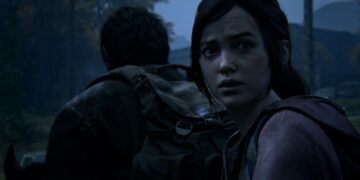








































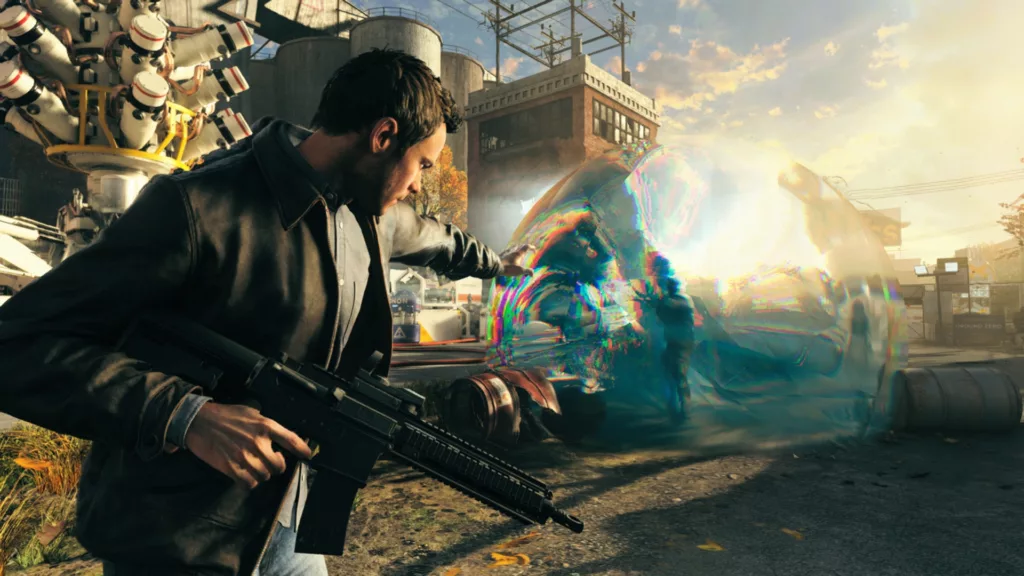
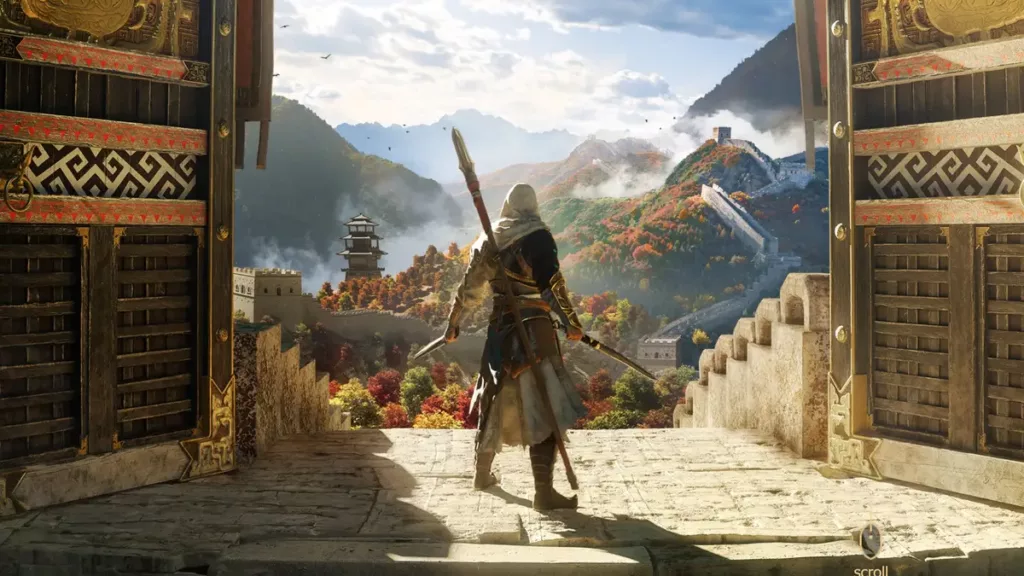
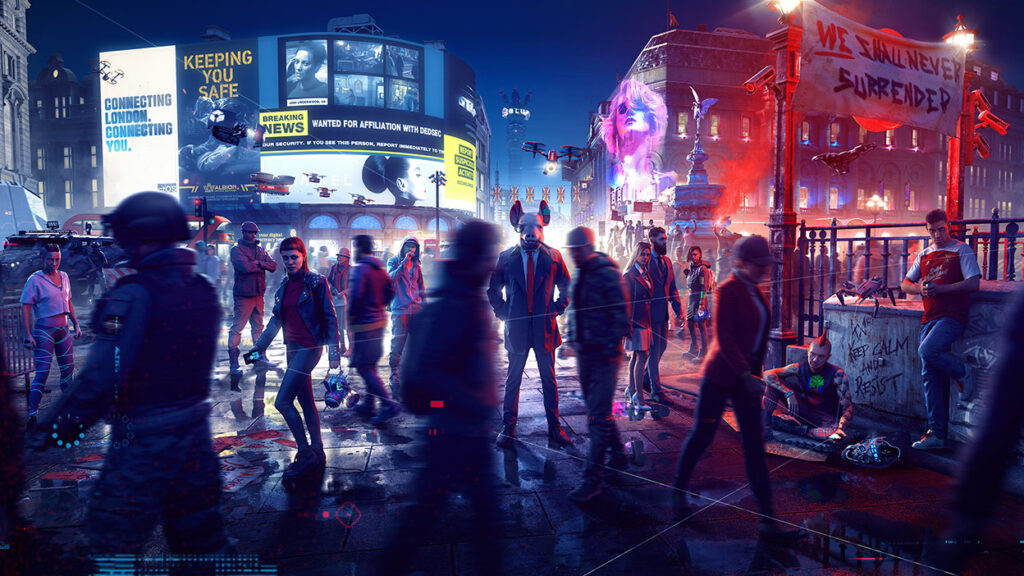
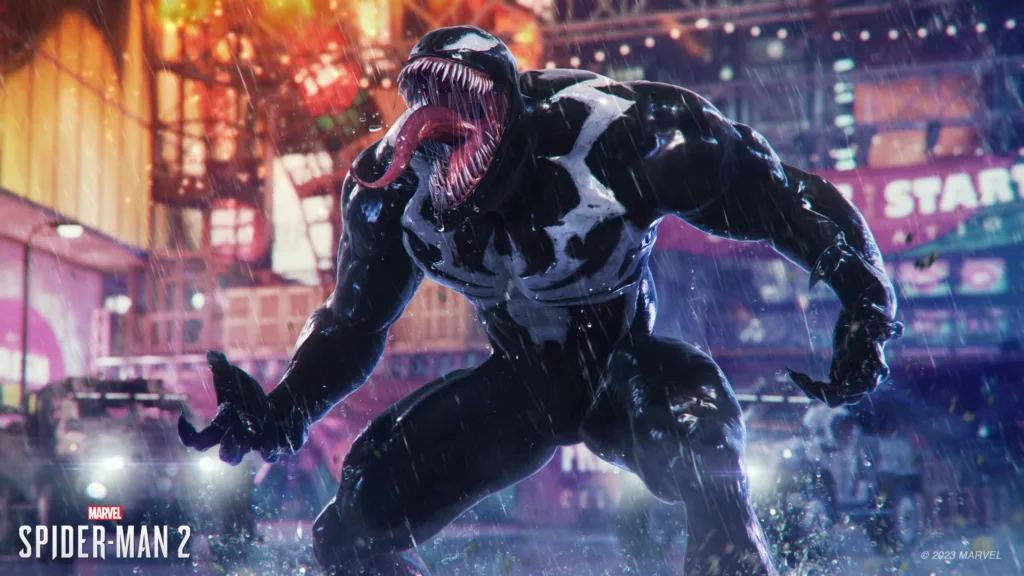
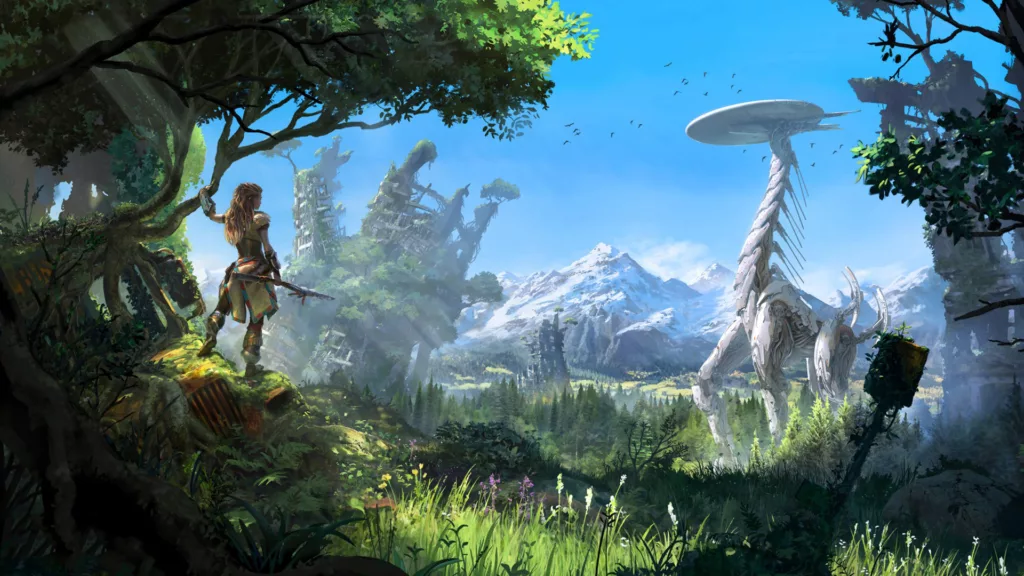
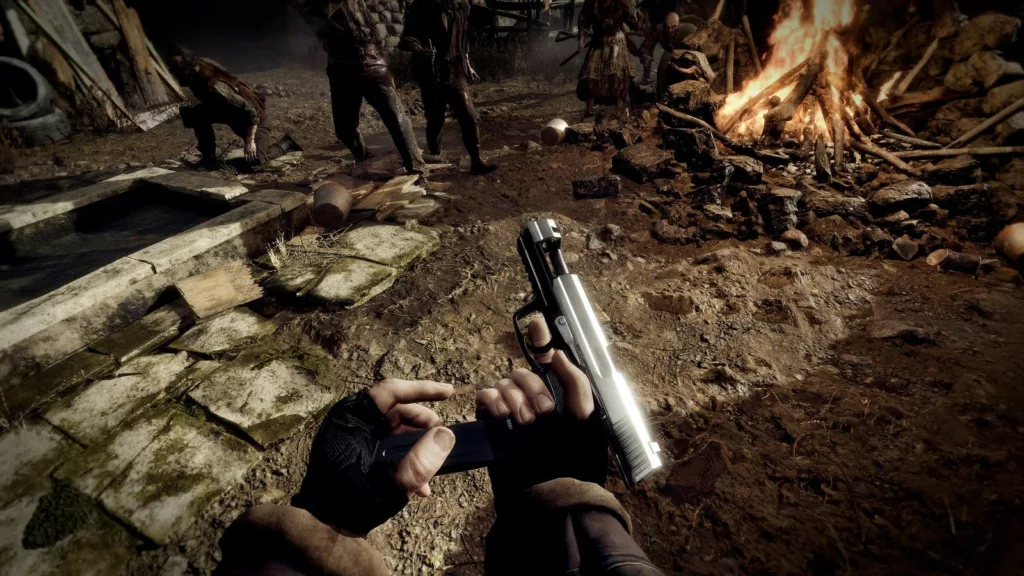
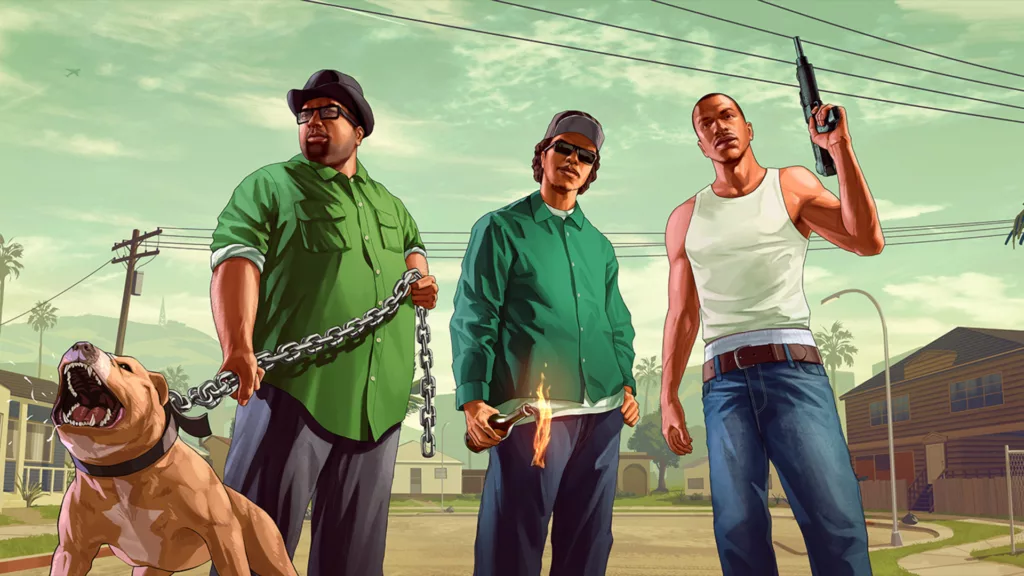
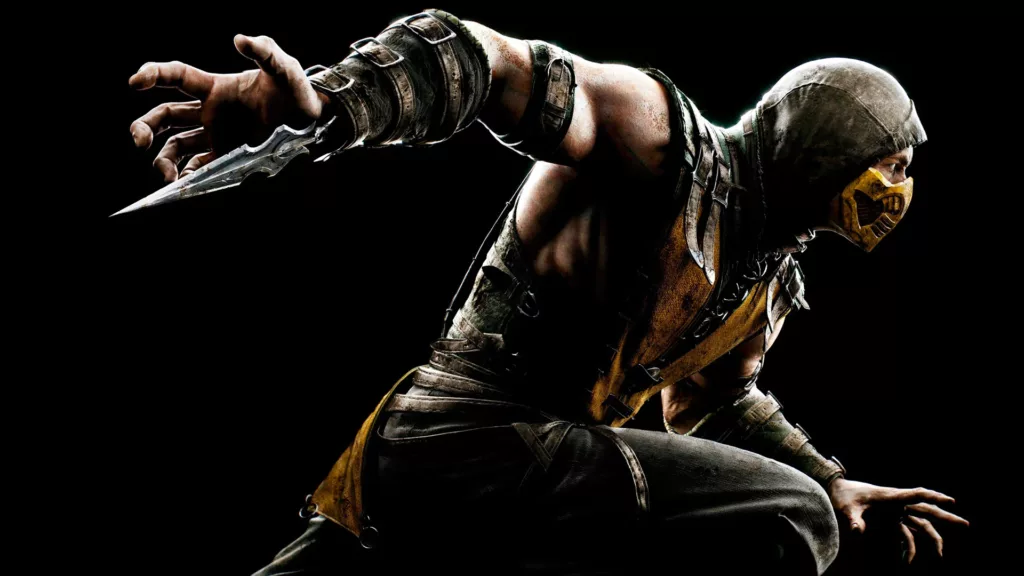
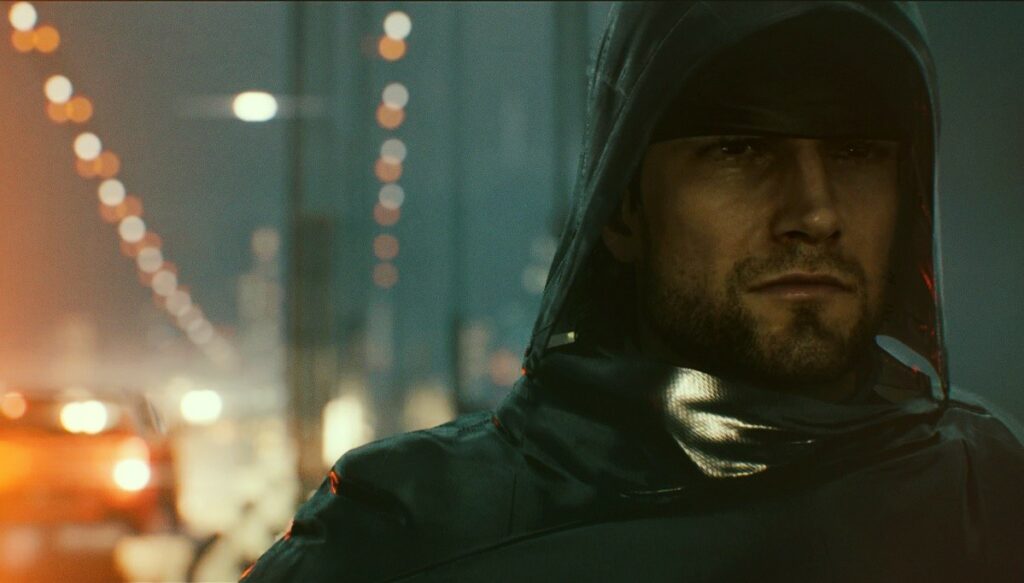
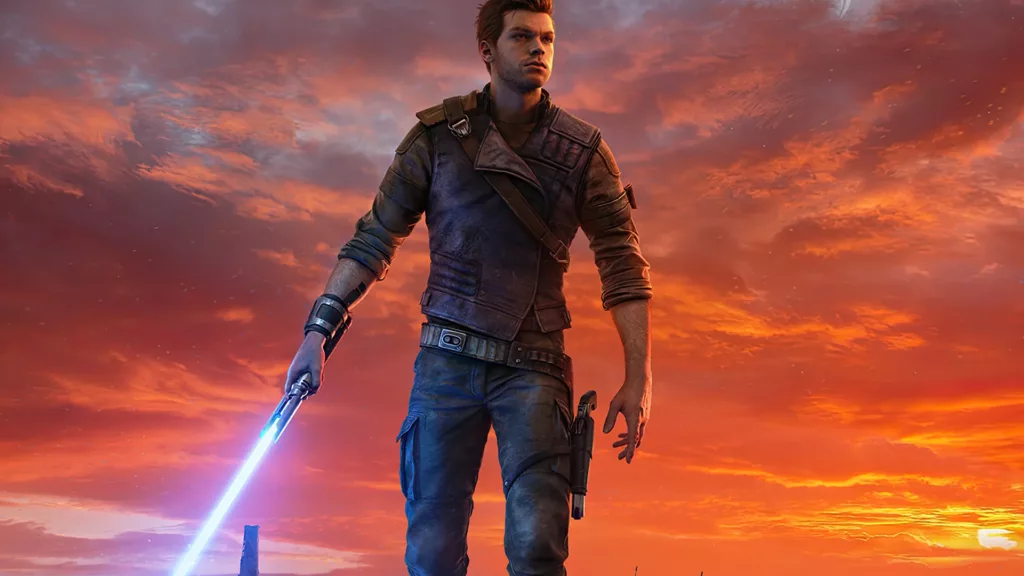
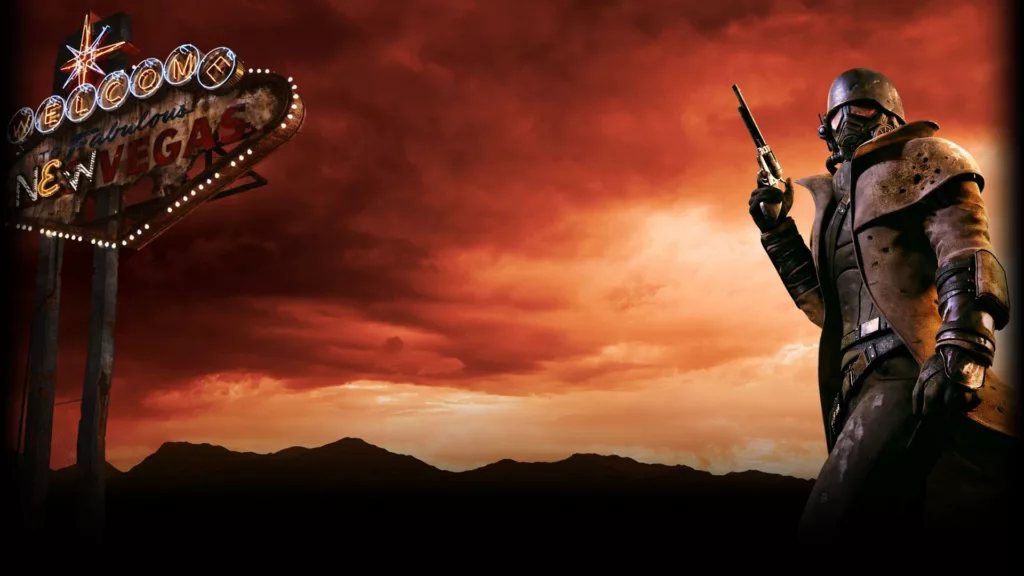
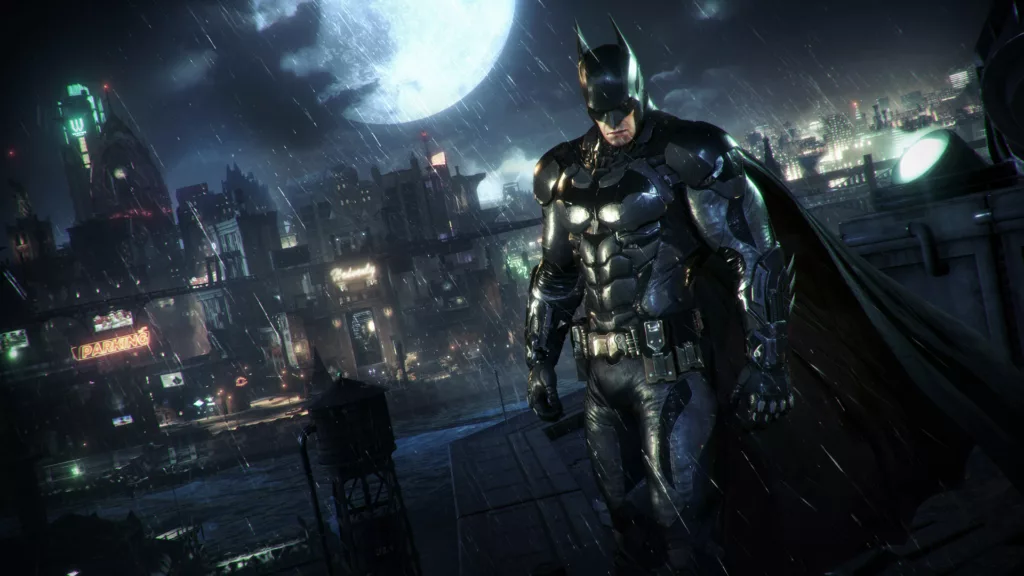
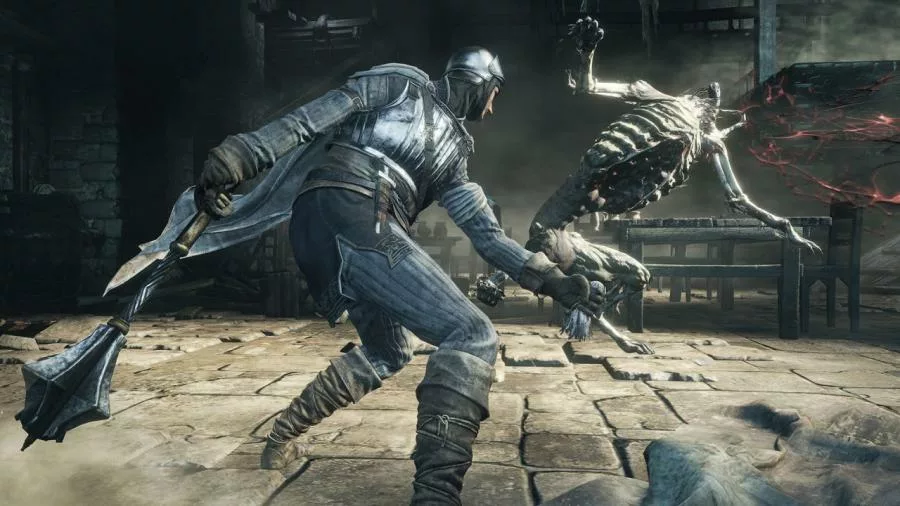
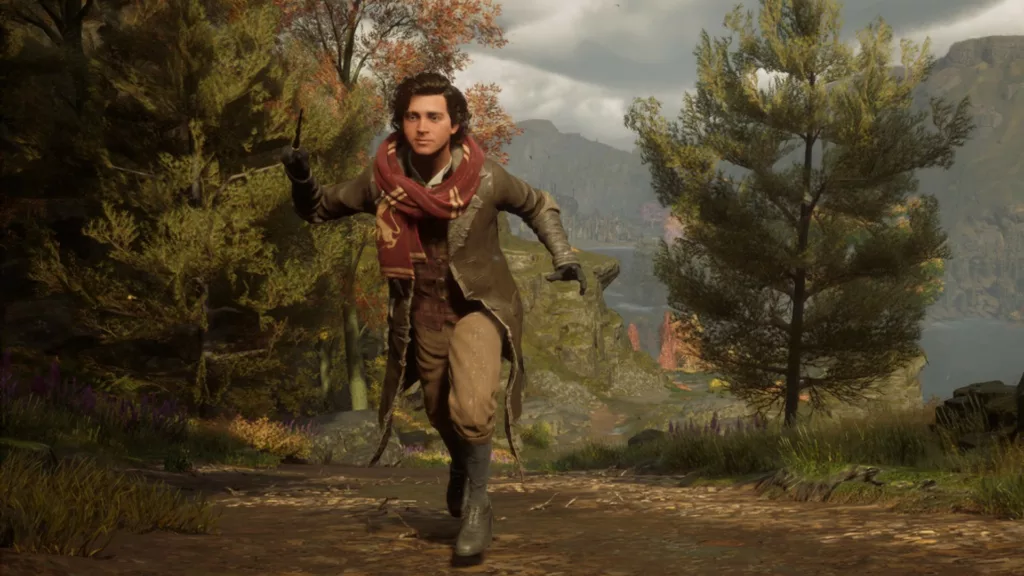
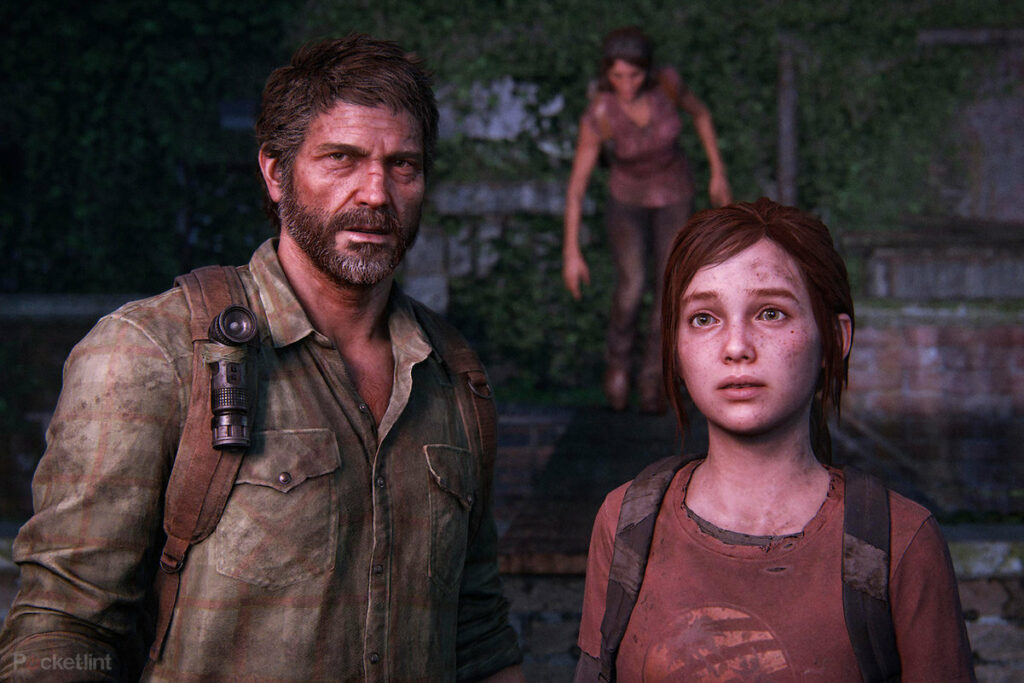








Discussion about this post